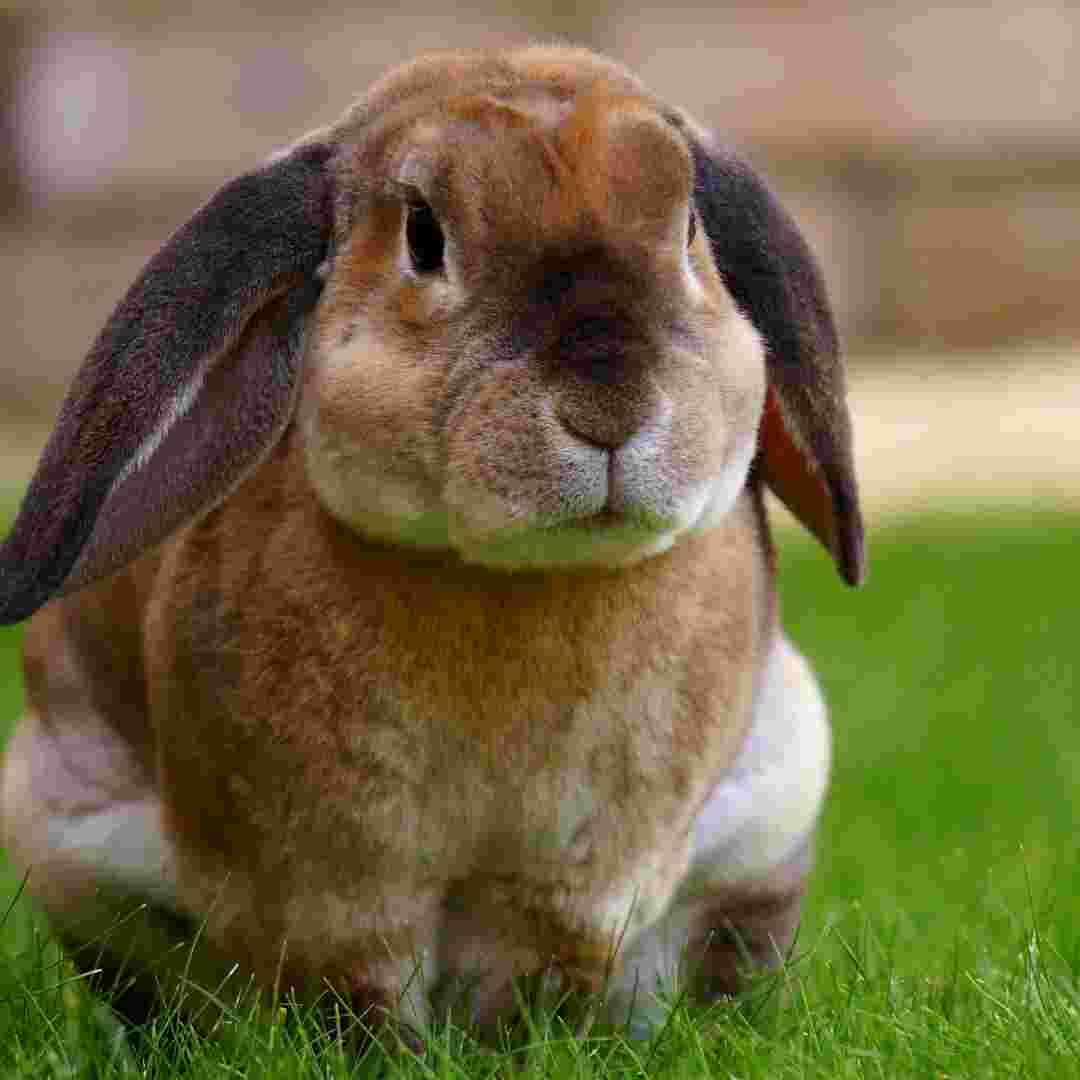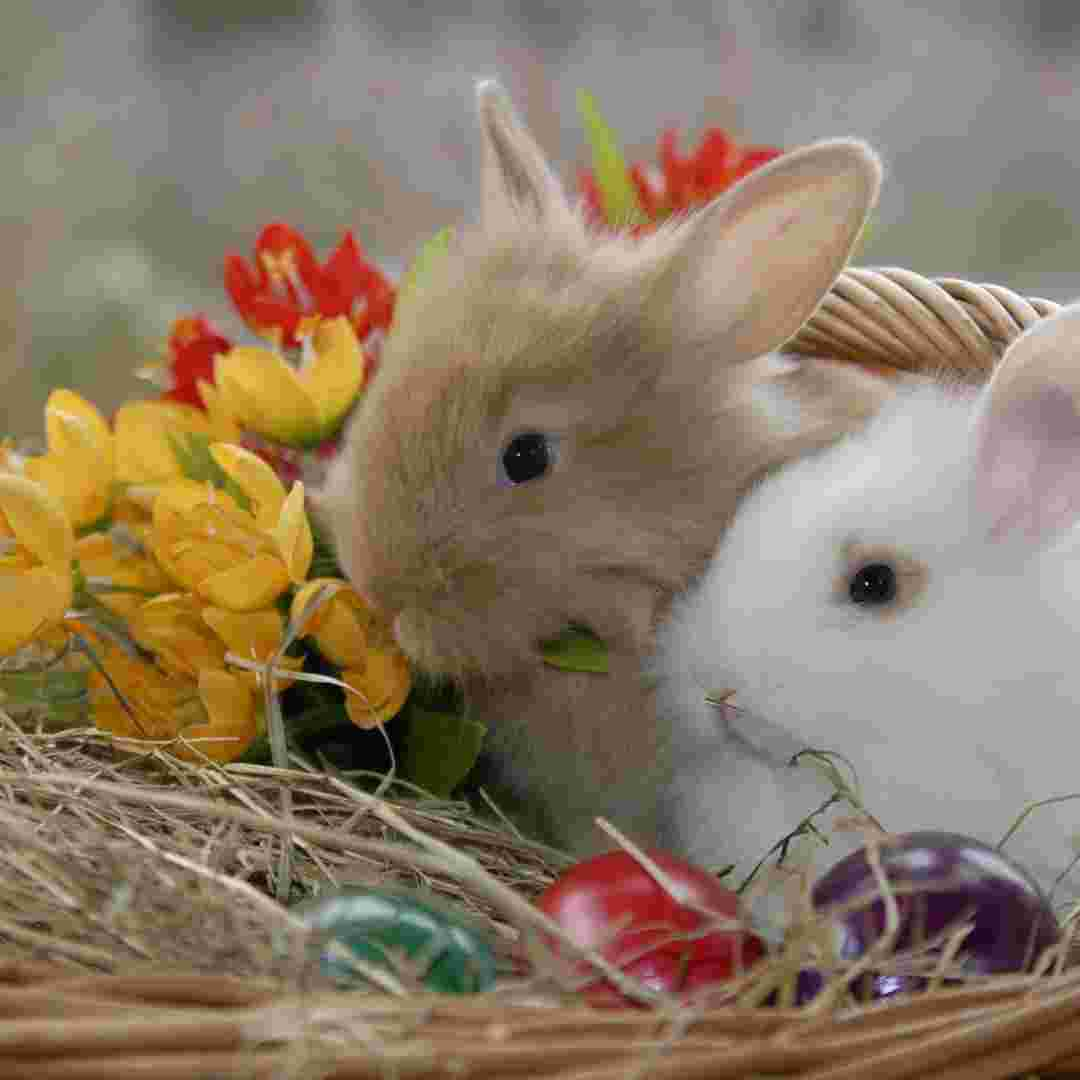Contents Table
Introduction
How Rabbit Companions Improve Mental Health
Rabbits in Medical Research: How They Improve Human Health
Rabbit Farming: How Rabbit Meat Can Feed the World
Rabbit fur in clothing: how it keeps people warm
How Rabbit Manure Improves Soil Quality
Q&A
Conclusion
Introduction
Rabbits have been domesticated for ages and utilised for many reasons. Besides being pets, they can serve people in many ways. Rabbits can give companionship, pest control, fur, meat, and medicinal research. Intelligent, social rabbits can be trained to undertake many activities. Many people prefer them as pets since they are easy to care for. Rabbits can benefit humans with proper care and training.
How Rabbit Companions Improve Mental Health
For good reason, rabbits are becoming more popular pets. They are cute and fun to watch, but they also provide mental health advantages. Rabbits bring friendship, unconditional affection, and stress relief to any home.
Rabbit companionship reduces stress and anxiety, which is a major advantage. Studies demonstrate that engaging with animals, including rabbits, reduces stress. Seeing a rabbit can lower blood pressure, heart rate, anxiety, and depression. Rabbits can also bring comfort and security, which can help mental health patients.
Rabbits offer companionship and unconditional love. These gregarious creatures like socialising with their owners. They can offer comfort and companionship, especially to lonely or single people. Rabbits' loyalty and close ties with their owners can promote mental health.
Finally, rabbits instill purpose and responsibility. Raising a rabbit can provide a person structure and a sense of success. This can assist mental health patients find purpose and direction.
Bunnies are fantastic pets for any home. They are cute and fun to watch, but they also provide mental health advantages. Bunnies can help reduce tension and anxiety, provide company, and unconditional affection.
Rabbits in Medical Research: How They Improve Human Health
Rabbits have improved human health through years of medical research. Due to their size, docility, and reproductive rate, rabbits are ideal laboratory animals. They are cheap to breed and maintain, making them ideal medical research animals.
Medical research using rabbits includes medication development, toxicity, and illness modelling. Rabbits investigate drug safety and efficacy in drug development. Rabbits are used to model cancer and diabetes to examine harmful consequences.
Rabbits are frequently utilised in medical research to evaluate medicines. Rabbits can be used to test new surgical techniques or radiation therapy on cancer cells. Rabbits are frequently utilised to evaluate antibiotic and pain treatment effects.
Medical research on environmental influences on the body uses rabbits. Rabbits can be used to research air and noise pollution's effects on the respiratory system and hearing. The effects of sugar and fat on cholesterol are also studied in rabbits.
Rabbits are invaluable for medical studies. They offer good animal models for medical study due to their size, docility, and reproductive rate. Their medical research efforts are invaluable and have improved human health in many ways.
Rabbit Farming: How Rabbit Meat Can Feed the World
Rabbit farming is becoming more popular and might feed the globe. Rabbit meat is a nutritious and sustainable protein source that may be produced on backyard farms or commercial farms. Rabbit farming produces meat efficiently, humanely, and sustainably.
Rabbit meat is high in protein and healthful. It has necessary vitamins and minerals and low fat and cholesterol. Rabbit flesh contains iron, zinc, and B vitamins. Rabbit meat has necessary fatty acids and is leaner than beef, hog, or chicken. Healthy digestion is supported by rabbit meat's high fibre content.
Rabbit farming produces meat efficiently and humanely. Rabbits breed quickly and generate huge litters. Bunnies are easy to care for and require little room and resources. Rabbit farming can be done with a few animals or hundreds or thousands.
Minimal environmental effect is possible with rabbit husbandry. Herbivorous rabbits can eat many plant-based diets. Rabbit dung enriches soil and boosts crop production. Rabbit farming produces less greenhouse gas emissions and uses less water.
Rabbit farming could feed the world. Rabbit protein is healthful and sustainable and can be produced in many ways. Rabbit farming produces meat efficiently, humanely, and sustainably. Rabbit meat can help provide protein to people worldwide.
Rabbit fur in clothing: how it keeps people warm
Rabbit fur is popular for warm clothes. Lightweight, soft, and resilient rabbit fur is great for apparel. It also insulates, keeping individuals warm in cold conditions.
Rabbits have a rich undercoat and a longer, coarser outer coat. Short, fine hairs in the dense undercoat trap air and insulate. Longer, coarser outer coat protects undercoat from elements. This layering keeps the user warm in cold temperatures.
Rabbit fur is breathable and helps regulate body temperature. Fur circulates air, keeping the user cool in warm weather and warm in cold weather.
Sustainability also applies to rabbit fur. It is a food industry byproduct, not gathered for clothes. This makes it more ethical than wild animal fur.
Rabbit fur is perfect for warm clothes. It is lightweight, resilient, insulating, and breathable, making it ideal for cold weather wear. It is sustainable and ethically superior to other materials. Rabbit fur is popular for warm apparel for these reasons.
How Rabbit Manure Improves Soil Quality
Rabbit manure contains great organic fertiliser for plants and lawns. Plants need nitrogen, phosphorus, and potassium, which it has in abundance. Rabbit dung contains bacteria that break down organic debris and improve soil structure. Rabbit manure has a neutral pH and low salts, making it suitable for many soil types.
Rabbit manure is a great fertiliser due to its high nitrogen concentration. Nitrogen is needed for green foliage and good root development. Phosphorus in rabbit faeces promotes root growth, flowering, and fruiting. Finally, rabbit manure's potassium boosts plant health by resisting disease and pests.
Rabbit manure improves soil structure too. Rabbit manure's high organic matter content improves soil moisture and nutrient retention. This promotes healthy root growth and soil microbial activity. Rabbit dung improves soil nutrient absorption and retention, reducing the demand for chemical fertilisers.
Finally, rabbit excrement provides great slow-release nutrients. Rabbit manure releases nutrients slowly as its organic content breaks down. This reduces fertiliser loss and ensures plants receive nutrients throughout the growing season.
In conclusion, rabbit dung is a great organic fertiliser for lawns and gardens. Plants need nitrogen, phosphorus, and potassium, which it has in abundance. Rabbit dung contains bacteria that break down organic debris and improve soil structure. Rabbit manure has a neutral pH and low salts, making it suitable for many soil types. Finally, rabbit manure's slow-release nutrients prevent nutrient leaching and provide plants with nutrients throughout the season.

Q&A
1. How can rabbits aid humans?
Rabbits aid humans in many ways. They can cuddle, eliminate pests, provide garment fur, and be therapy animals.
2. What pest control can rabbits do?
Pests including flies, slugs, and snails can be controlled by rabbits. They also control garden weeds.
3. How can rabbits be therapy animals?
Rabbit therapy can help patients with anxiety, despair, and other mental health disorders. They offer comfort and company, reducing isolation.
4. What kind of rabbit fur can be worn?
Coats, caps, and gloves can be made from rabbit fur. The silky, warm fur can be coloured.
5. How else may rabbits help humans?
Rabbits also provide food and fur for hats and other goods. They can help us understand the world through scientific research.
Conclusion
Rabbits aid humans in various ways. They can give food, company, and pest control. Rabbits aid medical research in developing disease treatments. Rabbits can also comfort disabled persons. With their intelligence and adaptability, rabbits can help humans.
